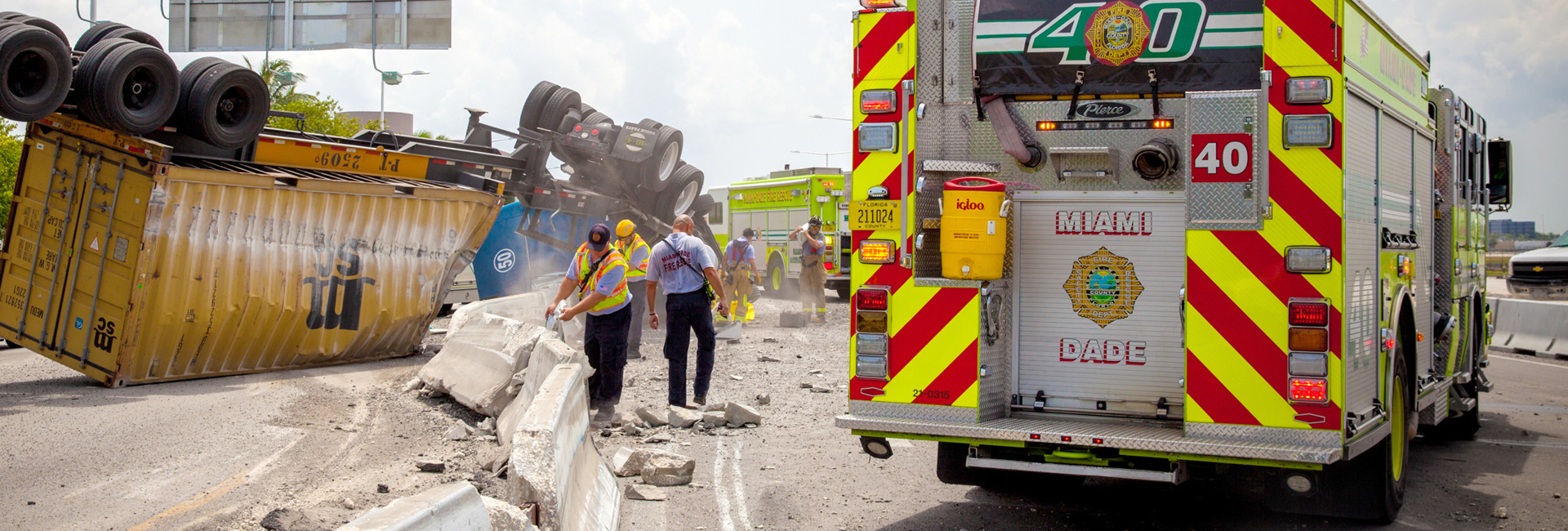Safety Tips: Boats & Personal Watercrafts
An average of 700 people die every year in recreational boating mishaps. Drowning is the number one cause of these fatalities, and 86 percent of the drowning victims were not wearing life jackets.
The vast majority of boating accidents are caused by operator-controlled factors and not by the boat, equipment or environmental factors. Eighty percent of boating deaths occurred on boats where the operator had not taken a boater education or safety course.
The operator of the boat carries the major part of the responsibility for safety on that vessel. However, all adults on the boat must take some responsibility for their own safety as well as the safety of all minors aboard.
There are many federal and state requirements for all boats, and all owners/operators must know these regulations and comply with them before hitting the water. Even if you are just a passenger, you should be familiar with the regulations that pertain to your safety before you get on the boat. Here are a few requirements that are critical to everyone’s safety.
- The boat must be registered and numbers properly displayed.
- There must be at least one Personal Flotation Device (PFD) in good condition for each person on the boat. If there are children, make sure there is a PFD that fits each child. All PFDs must be easily accessible and not locked in a compartment.
- There must be at least one fire extinguisher on board.
- Navigation lights must be present and operational.
- A copy of Navigational Rules and a Sound Producing Device or bell must be onboard.
- The deck must be free of hazards and bilge must be clean.
- Overall vessel condition must be good.
- Not required, but a really good idea to have on the vessel is a marine radio and a well-stocked first-aid kit.
Compliance with safety requirements is actually only a minimum standard and a starting point for avoiding tragedy. A big part of safe boating depends on the actions and behavior of all aboard the vessel. Responsible boating also includes the following precautions:
Maintain a safe speed and obey the Rules of Navigation.
- Excessive use of alcohol should be avoided and there should be a "designated operator" who does not consume alcohol at all.
- Keep an eye out for changing weather conditions and respond accordingly.
- Make sure someone on land knows your "float plan" or the general area you plan to navigate.
- Scan the water in all directions on a regular basis for hazardous situations.
- Though not required by law, a PFD should be worn at all times while boating. A PFD can save your life, but only if you wear it.
All boat owners should consider having a Vessel Safety Check. This is a free check conducted by the local Coast Guard Auxiliary for boaters who wish to make sure that their vessel meets all federal and local safety requirements.
The Vessel Safety Check is not a law enforcement issue and no citations are given for any discrepancies. The examiner will make note of the current condition of the vessel and offer suggestions and tips for safety improvements.
All vessel owners and anyone who plans on making boating a regular activity should take a boating safety course. There are many courses available at little or no cost through your local Coast Guard Auxiliary.
For details on the Vessel Safety Check and information on local or online Boating Education Courses visit http://www.uscgboating.org/.

Fire Rescue
Raied "Ray" Jadallah
R. David Paulison Fire Rescue Headquarters
9300 NW 41st Street,
Miami, FL 33178-2414
786-331-5000

